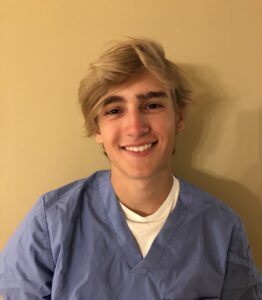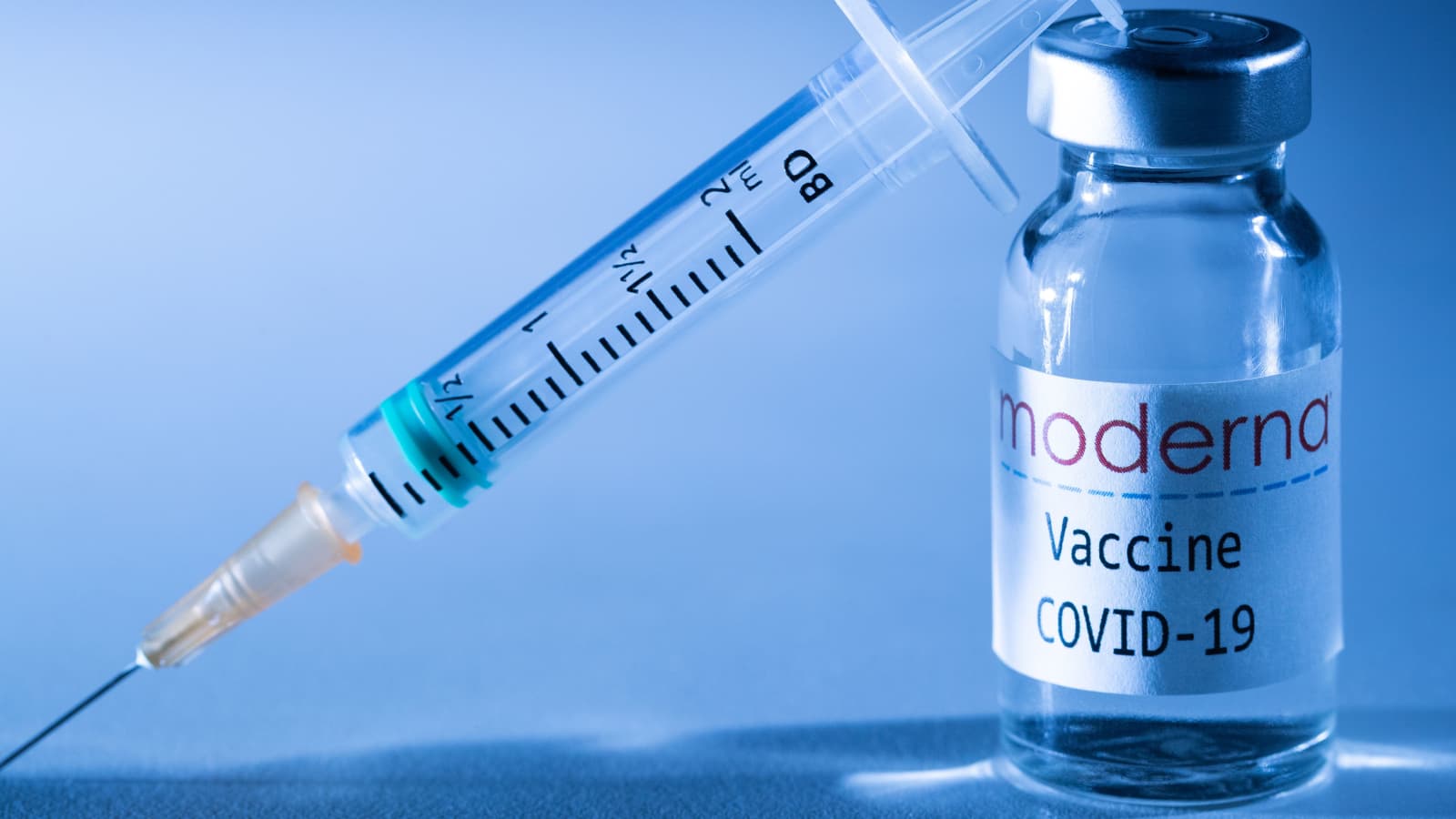By Brendan Oliss ‘21
It seems that there is finally some light at the end of the tunnel with the introduction of the new COVID-19 vaccines to combat the pandemic. The vaccines, however, were made with astonishing speed, and this has raised concerns for many people, particularly those who are hesitant to get vaccines anyway. With the rollout in full effect, these questions have captured the globe, but what does all of this mean for high schools like Saint Ignatius?

Speaking as a student from Saint Ignatius and a technician in the medical field, I could not be more excited about the vaccine. Through my internship, I work with many undiagnosed COVID patients, as well as many sick and elderly patients. So, when I was given the opportunity to get the vaccine, I jumped at the chance. Contrary to some people’s beliefs, I did not grow a third arm or develop any mental conditions. In fact, my two side effects were as follows: slight muscle soreness in my arm for two days and feeling much safer interacting with some of the most at-risk patients in the Cleveland area.
On top of that, the day that I actually got the vaccine was incredibly smooth. Due to the frantic nature of life with COVID, particularly in healthcare over the past few months, I had expected the chaos to continue when I went to get the first dose of the Moderna vaccine. After they checked my ID, I cruised through their vaccination center, and I got the shot still sitting in my car. After waiting for 15 minutes to monitor any possible reactions, I was good to go.
Hopefully as many people as possible, including any eligible people at Saint Ignatius, have the same experience as me. Following phase 1A, which includes healthcare workers and the elderly, teachers are set to be vaccinated remarkably soon in phase 1B. With our own Wildcat staff approaching vaccine clearance, some people have brought up the idea that Saint Ignatius could make it mandatory for staff—and even students—to be COVID vaccinated (it is approved for people 18-years-old and older, so this could only include staff and some teachers). As a private school, this is certainly possible in the future, but I encourage everyone to stay informed and get the vaccine as soon as they can regardless.
Recently, I was honored to speak with a few doctors at the University of Cambridge about biology and the Oxford vaccine, one that their colleagues were working on. Simply put, they were glowingly excited about the vaccine. Through this experience, I was able to briefly learn more about the mechanisms behind the vaccines. It is essential for everyone in the position to get the vaccine to know the differences between the types of vaccine (Pfizer and Moderna are currently approved in the U.S., and AstraZeneca is being used in the U.K. and other countries). Overall, however, what I took away from this was not which vaccine was more resilient and DNA-based; it was how important these vaccines are to the doctors and researchers who made them and how important they are to the world.
So, as long as you’re willing to have arm soreness for a day, I hope you will get the vaccine.






